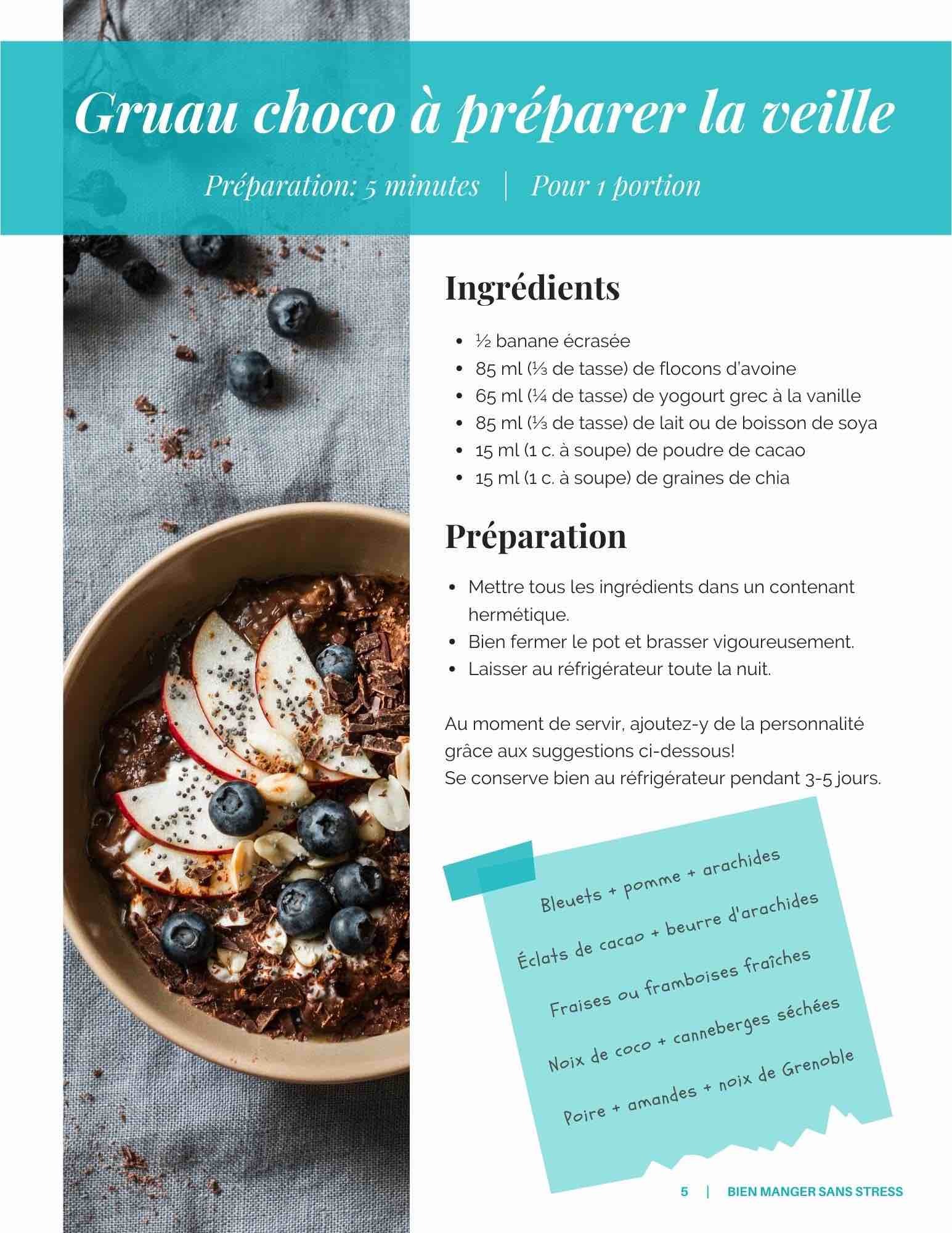Nutritionniste pour une alimentation consciente et intuitive
Découvrez une approche nutritionnelle qui rejette la mentalité des régimes. Apprenez à reconnaître et à écouter les signaux que votre corps vous envoie.

Qu'est-ce que l'alimentation consciente et intuitive ?
L'alimentation consciente et intuitive est une approche englobant la santé mentale et physique permettant d’améliorer la relation souvent compliquée qu’on peut entretenir avec les aliments et notre corps.
Adopter les principes de l'alimentation consciente ou intuitive signifie apprendre à reconnaître et à écouter les signaux que notre corps nous envoie concernant la faim et la satiété. Nous avons toujours eu ces signaux, mais nous les avons souvent perdus de vue à cause de signaux extérieurs, comme l'heure de la journée ou une assiette vide.
L'alimentation consciente et intuitive consiste également à remettre la satisfaction et le plaisir de manger au cœur de notre alimentation plutôt que d'être en mode «restriction». Les aliments ne sont pas considérés comme étant bons ou mauvais, ce qui permet alors de mettre la culpabilité de côté et de plutôt favoriser des aliments qui répondront à nos besoins et à ceux de notre corps.
Gestion du poids et alimentation consciente et intuitive
L'alimentation consciente ou intuitive n'est pas une technique de perte de poids, elle nous permet plutôt d'arrêter les régimes yo-yo et d'atteindre notre poids naturel. Très souvent, toute prise de poids passée est due, au moins en partie, à un manque d'écoute des signaux que le corps nous envoie.
Votre nutritionniste vous aidera à identifier la principale raison de votre prise de poids et à réduire le risque de répéter les mêmes erreurs. Au lieu de se concentrer uniquement sur les choix alimentaires, qui conduisent souvent à des prises de poids répétées, votre parcours en nutrition évitera les régimes à la mode et favorisera des habitudes alimentaires durables à long terme.
Explorer l'alimentation consciente et intuitive avec un expert en nutrition
Grâce au suivi en nutrition avec nos nutritionnistes-diététistes, vous obtiendrez :
- La capacité de reconnaître ou de redécouvrir vos signaux de faim et de satiété, puis de les écouter.
- Des techniques pour vous aider à différencier la faim physique de la faim non physique.
- La capacité de reconnaître les motivations qui vous poussent à manger (par exemple, la faim physique, l'habitude, les occasions sociales, le stress, les émotions).
- Des alternatives pour faire face à vos émotions avec bienveillance.
- Une compréhension des différents concepts de l'alimentation intuitive ou consciente, comme le poids naturel et la santé à chaque taille.
- Une aide pour rejeter la mentalité des régimes et la culture de la diète, se débarrasser des restrictions alimentaires et des sentiments de culpabilité.
- La capacité de faire la paix avec la nourriture et de défier votre police alimentaire intérieure.
- Des exercices de dégustation et de pleine conscience pour vous aider à vous concentrer sur le plaisir, la jouissance et la satisfaction de manger.
- La possibilité de construire une image corporelle positive et de faire la paix avec son corps.
- Des outils pour expliquer votre démarche à votre entourage afin d'éviter une trop forte pression sociale.
Pourquoi choisir notre équipe de nutritionnistes et diététistes ?
Pour vous aider à réussir à bâtir une relation saine avec la nourriture, nous vous proposons :
- Des outils d’enseignements faciles à comprendre et personnalisés en fonction de vos besoins.
- L'accès à un journal alimentaire intelligent qui vous interroge sur vos signaux de faim et de satiété, sur les raisons pour lesquelles vous mangez et sur ce que vous ressentez avant et après avoir mangé.
- Un accès exclusif à notre portail santé et bien-être, qui comprend :
- Des vidéos pour explorer le mouvement joyeux avec des activités adaptées à tous les niveaux de forme physique.
- Des défis nutritionnels et des vidéos créés par notre équipe d'experts en nutrition vous permettant de continuer à explorer les concepts de l'alimentation intuitive à tout moment.
- Un inventaire de recettes inspirées du concept d'alimentation douce - des aliments que vous appréciez et qui vous procurent une sensation de satisfaction, ainsi que des aliments riches en nutriments qui favorisent votre santé.
- Des rabais sur des produits d’alimentation et de bien-être locaux tels que des boissons réconfortantes, des collations gourmandes et des vêtements adaptés à tous les types de corps.
- Des reçus pour le remboursement des assurances ou les déductions d’impôts.
Nos services d'alimentation consciente et intuitive avec une nutritionniste-diététiste sont disponibles partout au Canada, dans un bureau près de chez vous ou à distance.
Découvrez comment l'alimentation intuitive et consciente peut changer votre relation avec la nourriture. Prenez rendez-vous avec notre équipe dès aujourd'hui !

